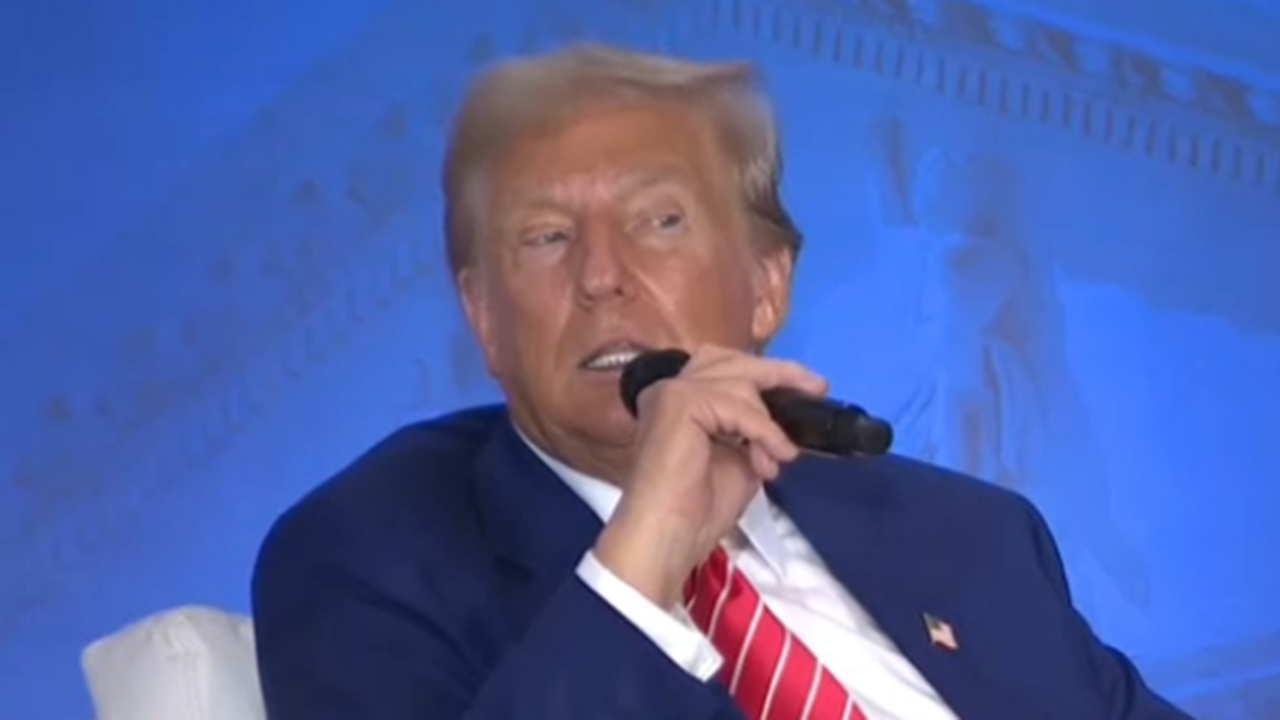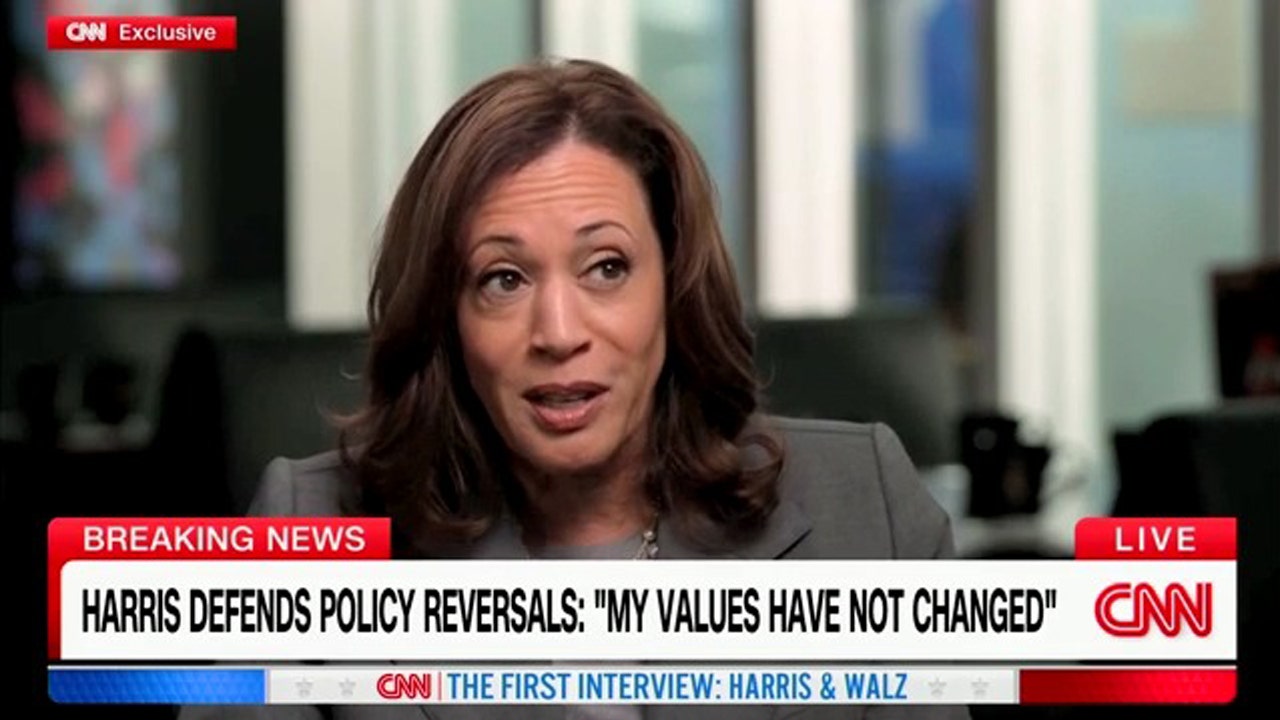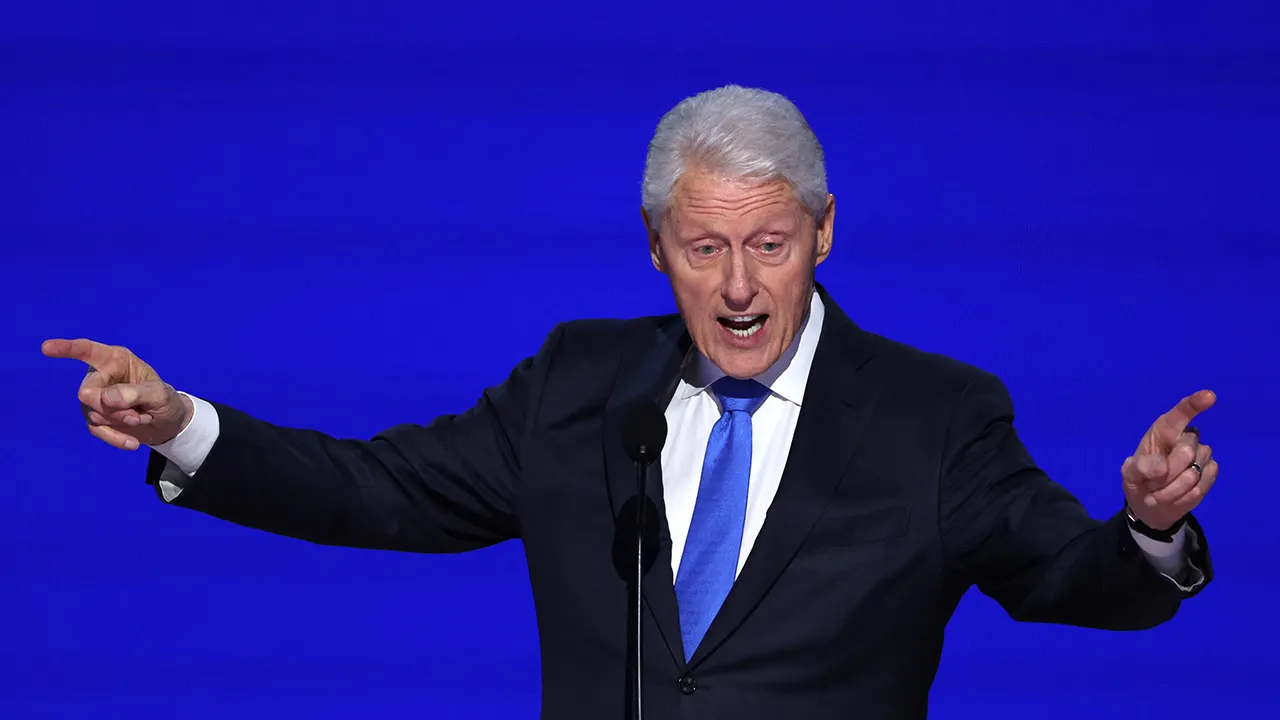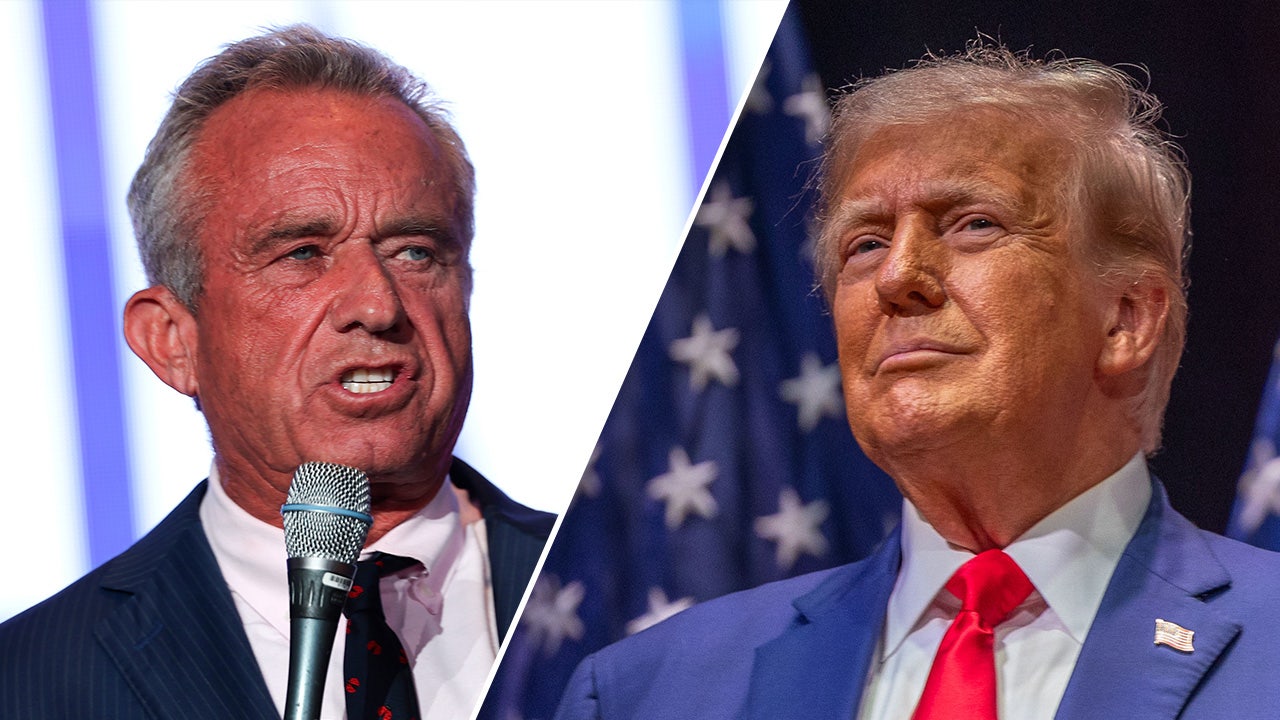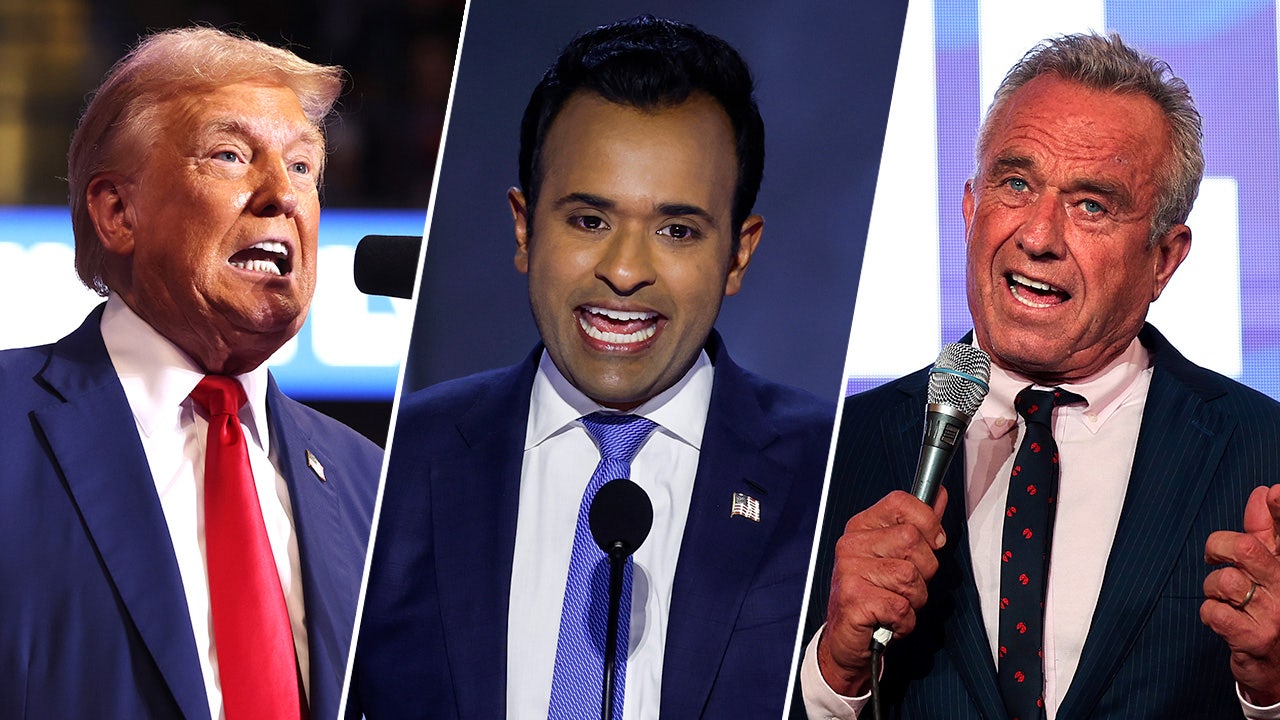Last week, while most of my family was watching American football in a turkey-induced stupor, I got bored. So I pulled out my smartphone and ordered a new camera lens to boost the quality of my holiday snapshots.
Turns out I wasn’t the only one. US online shoppers have busted through forecasts, shelling out a record $38bn for the post-Thanksgiving period. The $12.4bn spent on what is known as Cyber Monday made it the biggest US digital shopping day of all time, according to Adobe, which tracks online spending.
This spree — up nearly 8 per cent on last year — has raised hopes of a bumper festive season. It was accompanied by a bigger surge in visits to indoor malls and department stores than in 2022, as well as somewhat more modest year on year increases in overall credit card spending, according to Placer.ai and Mastercard.
Though recent economic sentiment surveys have been negative, the resilience of American consumers has surprised forecasters all year. Retail spending helped to drive explosive 4.9 per cent gross domestic product growth in the third quarter.
But the economic picture remains murky heading in to Christmas. Labour markets are slowing, mortgage rates remain high and the resumption of student loan payments after a pandemic pause could crimp spending. Then again, cooling inflation and falling gas prices might also translate into shoppers with a bit more money to splash.
That puts the onus on companies to be cautious about reading too much into a few days of record spending, particularly when it is fuelled by Black Friday promotions.
Many were caught out last year when a pandemic-fuelled surge in goods spending ebbed and customers shifted back to buying services. E-commerce groups that rolled up companies that sell through Amazon are struggling, and Amazon itself was left with extra staff and warehouses after mistaking a one-time bump for a long-term change.
That means executives must probe the source of last weekend’s online spending bonanza carefully.
Some of the jump is due to the rapid spread of shopping apps and websites optimised for mobile use. Customers who once had to go to a store or fire up a desktop can now shop while watching TV. Mobile devices accounted for more than half of November sales for the first time this year.
Another boost stems from the rapid growth of buy now, pay later programmes that let shoppers defer their payments across several months. BNPL spending was up 17 per cent year on year to $8.3bn for November to the end of Monday. Personal finance experts worry that the ease of use encourages customers to spend beyond their means.
But the biggest driver of the holiday binge by far was promotional discounting that averaged as much as 30 per cent in some categories, such as toys and electronics, Adobe’s data shows.
As anyone who has ever handed over their contact details can attest, retailers and ecommerce sites have gone hog wild this year with promotional texts, emails and app driven alerts. Such sales pump up holiday weekend revenue but can damage bottom lines if they absorb customer spending that would otherwise have gone to higher margin goods at another time.
Executives at Walmart, the electronics chain Best Buy, and Dicks, which sells sporting equipment, have all warned in recent weeks about the growing reliance on price cuts and promotions to sell goods. Best Buy CEO Corie Barry in particular warned that promotions “are up versus last year, and in many cases, up compared to where they were pre-pandemic”.
Last year, customers who had been burnt by Covid-related shortages and shipping woes started making their holiday purchases in late October. This year, shoppers stayed on the sidelines much longer and waited for the holiday promotions to start.
“We saw growth weaken very significantly in October and November,” Adobe’s Vivek Pandya said. “Customers are very price sensitive and they know they are going to get good deals . . . on the marquee days.”
Having conditioned people to respond to special offers, online retailers now run a risk that their bricks and mortar counterparts know only too well: jaded customers who refuse to pay full price. In the physical store context, that has previously meant shoppers who held their nerve in December could score deep discounts right before Christmas.
If the same sentiment spreads to ecommerce, companies could be in for a heck of a holiday hangover.
brooke.masters@ft.com
Follow Brooke Masters with myFT and on social media


















